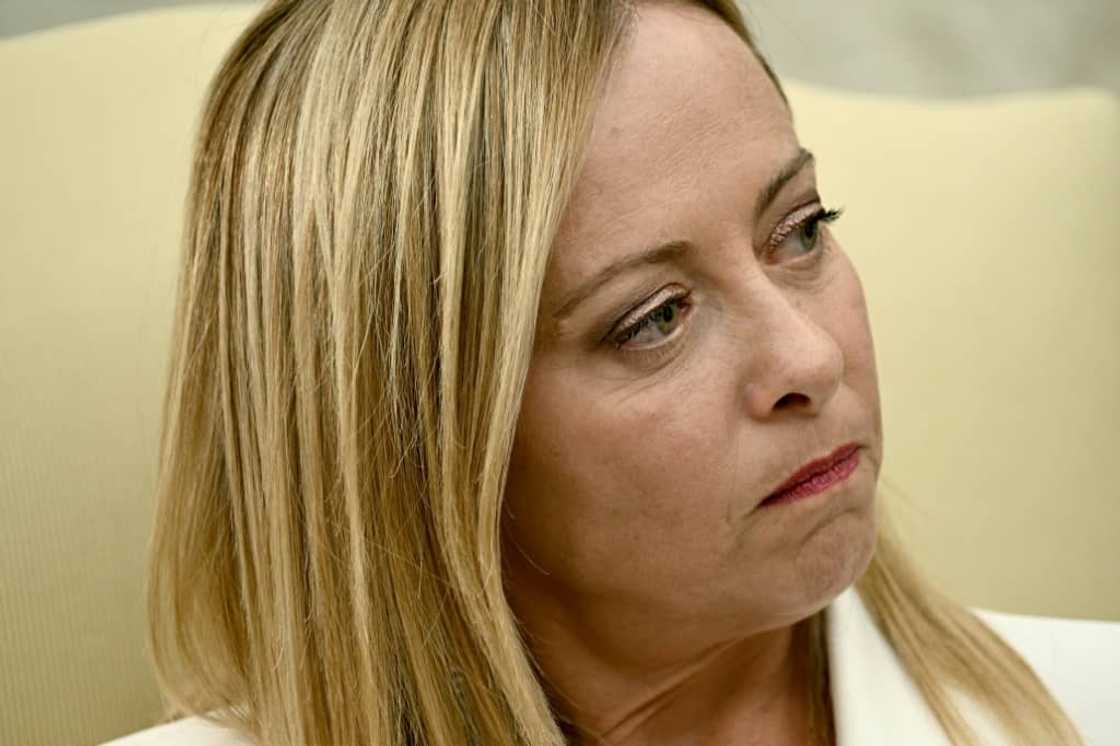Italy bank shares fall on govt's surprise windfall tax

Source: AFP
PAY ATTENTION: Let yourself be inspired by real people who go beyond the ordinary! Subscribe and watch our new shows on Briefly TV Life now!
Shares in Italian banks plunged early Tuesday after the country's right-wing cabinet approved a surprise 40 percent windfall tax on "surplus profits" generated by the rise in interest rates.
From Intesa Sanpaolo to Unicredit and Monte dei Paschi di Siena, banks lost between six and eight percent in early morning trading in Milan on the news of the tax, adopted by Prime Minister Giorgia Meloni's ministers late Monday.
The government was "using part of the banks' billion-dollar profits to help families and businesses affected by rising interest rates", Deputy Prime Minister Matteo Salvini said on X, formerly known as Twitter.
He told reporters in Rome after the cabinet meeting that the tax would be levied on banks' "surplus profits" generated by the European Central Bank's interest rate hikes.
The rate hike by the ECB -- the central bank for the 20 countries that use the euro, including Italy -- has boosted banks' profits but increased the cost of money for households and businesses, he said.
Meloni is also using the tax to raise funds for the draft budget for 2024, in part to counter a surprise 0.3 percent decline in gross domestic product (GDP) in the second quarter of 2023.
PAY ATTENTION: Click “See First” under the “Following” tab to see Briefly News on your News Feed!
Italian banks, like their European counterparts, saw their net interest income soar in the wake of the rise in interest rates.
Italy's biggest bank Intesa Sanpaolo saw its net profit jump 80 percent to 4.2 billion euros in the first half, while its rival UniCredit posted a half-yearly net profit of 4.4 billion euros.
Spain's left-wing government has also introduced a similar tax on banks scheduled for 2023 and 2024, drawing criticism from the ECB.
Salvini described the Italian cabinet's move as "common sense", but Francesco Galietti, from the Policy Sonar consultancy, said it was a "hugely controversial tax".
Parliament now has two months to convert the cabinet's decree into law, during which time it can be significantly changed.
PAY ATTENTION: Сheck out news that is picked exactly for YOU ➡️ click on “Recommended for you” and enjoy!
Source: AFP



